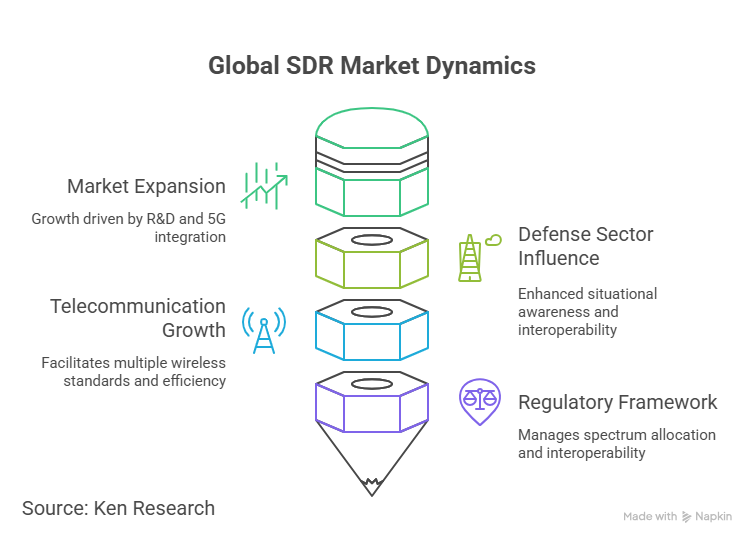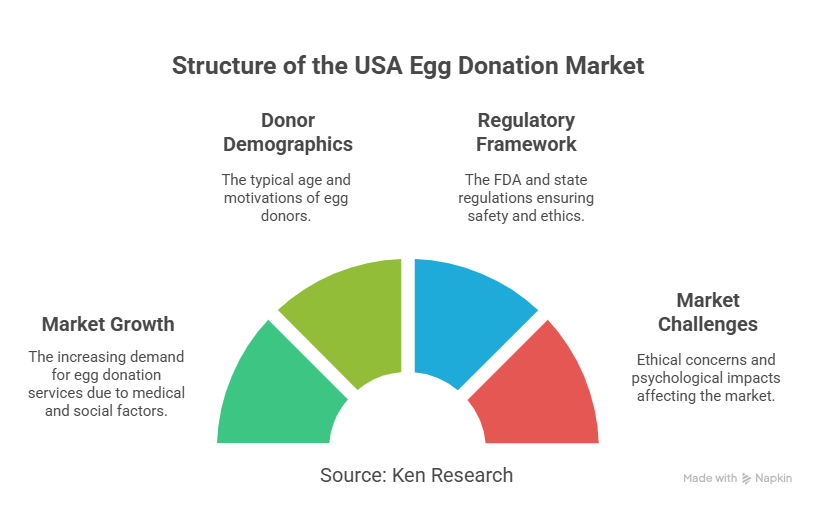South Africa’s remittance market—both domestic and international—is experiencing pivotal changes fueled by digital disruption, fintech innovation, and evolving customer behavior. As the country transitions toward more accessible, affordable, and secure remittance solutions, the rise of ADLAs and retail-based transfers is reshaping the remittance economy at scale.
Explore the complete analysis in the South Africa Domestic and International Remittance Market report.
Rise of ADLAs and Low-Cost Digital Alternatives
One of the most prominent shifts in South Africa’s remittance landscape is the rapid emergence of ADLAs such as Hello Paisa, Mama Money, and Mukuru. These players have disrupted the market by offering transparent, low-cost, and digitally accessible services, challenging legacy banks and traditional MTOs like Western Union and MoneyGram. The value-driven pricing strategy of ADLAs has democratized remittance services, especially for migrants from Zimbabwe, Lesotho, and Mozambique who frequently send money back home.
In the international corridor, while banks still maintain a strong presence, ADLAs recorded double-digit growth between 2015 and 2018, significantly altering the competitive dynamics.
Growth of Retail and Supermarket Remittance Services
Retailers like Shoprite, PEP Stores, and Pick n Pay are transforming into financial hubs, enabling customers to send and receive money conveniently. This retail expansion supports both urban-to-rural domestic remittances and serves as collection points for international inbound flows.
Urban-to-Rural Remittance Corridors Dominate Domestic Transfers
A majority of domestic transfers in South Africa flow from urban to rural regions. With more employment opportunities in urban centers, this channel supports rural households' essential spending needs. Banks like Capitec and ABSA continue to lead in transaction volume, but digital wallet-based solutions are gaining momentum.
United Kingdom and Zimbabwe Lead Cross-Border Corridors
The UK dominates inbound remittances, driven by a high volume of South African expatriates, while Zimbabwe leads outbound corridors due to the strong presence of Zimbabwean migrants in South Africa. These corridors highlight the importance of geopolitical and labor migration patterns in shaping remittance flows.
Increasing Digital and Mobile Wallet Penetration
Mobile-based platforms are reducing reliance on traditional banks and post offices. The growth of mobile wallets is a response to demand for instant transfers, user-friendly apps, and integration with national ID systems. These innovations are bridging financial inclusion gaps, especially in remote areas.
Declining Cost of Remittances Due to Fintech Competition
The average cost of sending money internationally has declined steadily, primarily due to fintech entrants offering low-cost transfers. This cost optimization is a critical factor for low-income migrant workers who rely on frequent, small-value transfers.
Conclusion
The South Africa Domestic and International Remittance Market is poised for continued growth, with digital innovation, cross-border partnerships, and changing consumer expectations shaping the future of money transfers. While inbound transactions may remain stable, the domestic market and outbound remittance to the SADC region are expected to accelerate, thanks to the expanding role of digital wallets and ADLAs.
As competition intensifies and transaction costs fall, providers who focus on speed, trust, affordability, and localization will lead the next wave of market consolidation. With projected CAGRs of 6% (value) and -4% (volume) for international and 12% (value) and 7% (volume) for domestic by 2023, the industry is entering a phase of optimization and customer-centric growth.
For stakeholders, the path forward lies in leveraging digital-first strategies, simplifying regulatory compliance, and enhancing agent networks to serve South Africa’s evolving remittance needs.








